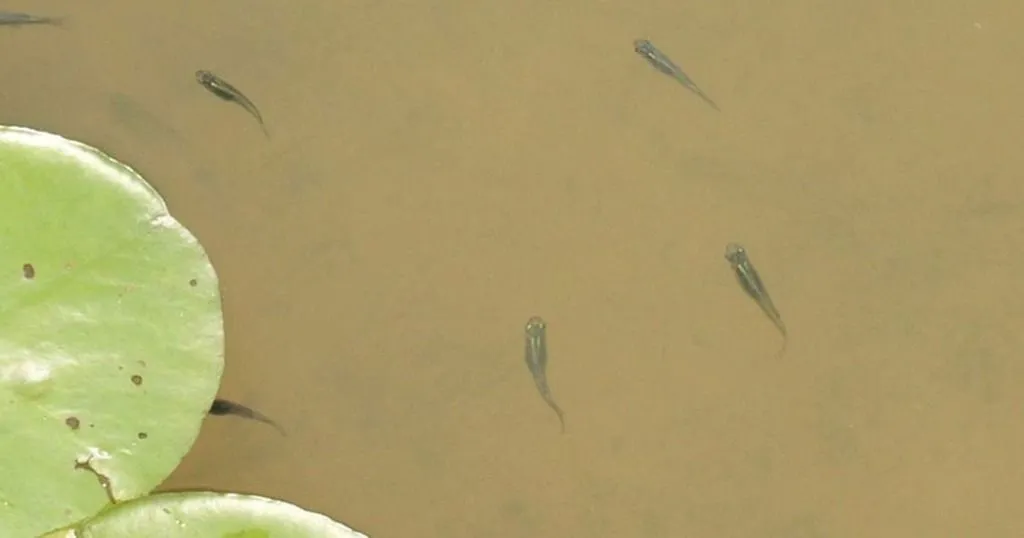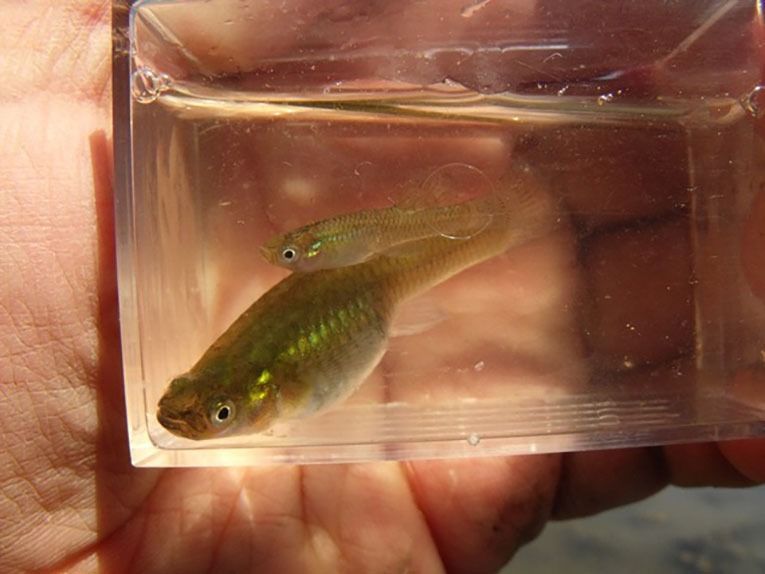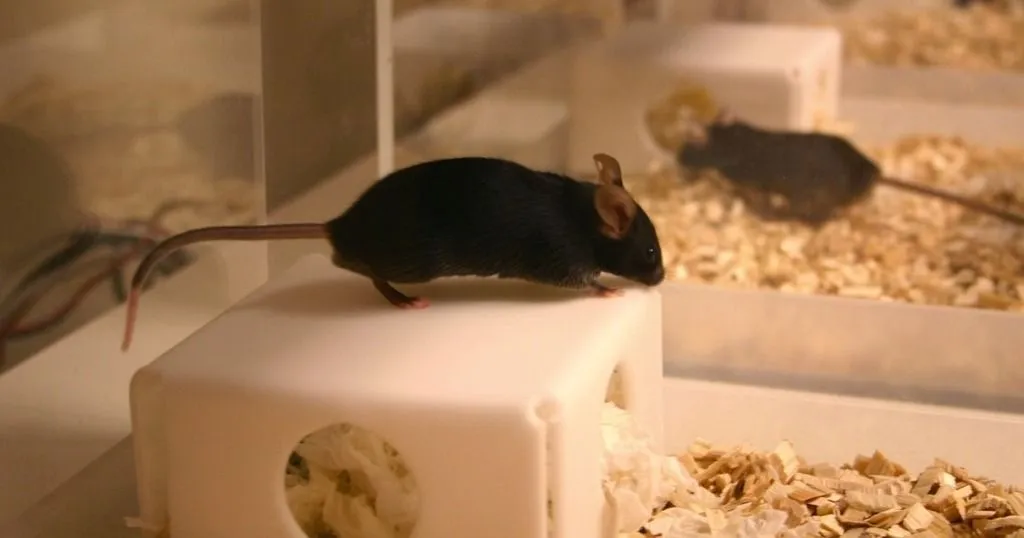Time is of the essence in fish studies
You recently moved into your new house. How do you feel? How do you act in this new space? The answers may depend on how long you have lived there…
Posted by
Published on
Thu 04 May. 2017
Topics
| EthoVision XT | Fish | Video Tracking |

You recently moved into your new house. How do you feel? How do you act in this new space? The answers may depend on how long you have lived there…
At least, this is the conclusion reached by researchers from Griffith University’s Australian Rivers Institute (ARI) in Southport Australia regarding fish behavioral (toxicology) studies. After a thorough literature review, they identified 165 toxicity studies that looked at fish swimming behavior, and found that ‘timing’ is not a standard thing when designing these type of experiments.
Swimming behavior
These researchers conducted their own experiment, studying the swimming behavior of mosquitofish over time. The reason is that, when studying the behavior of fish (and other aquatic species) in toxicology, it is very common to transfer animals to ‘experimental arenas’ for video recording – but there are no standard criteria for how to do this correctly.
The researchers were interested to see if fish behavior changed over time, and if differences in acclimatization period would influence test results. After all, getting used to a new environment might drastically influence behavior. They were also curious to find how it would affect behavioral analysis if short versus long observation periods were used.
The ultimate goal of exploring these questions was to try to improve the way behavioural tests are being applied in toxicology.
Literature research
To be able to compare their results with global research, these researchers also performed a literature review to compare their experimental findings with some of the most commonly used endpoints in behavioural toxicology studies. Specifically, they looked at basic swimming parameters, mating/courtship/aggression, anxiety, feeding/predation, avoidance/attraction, and learning/memory.
They found that most study designs allowed less than one hour of acclimatization before testing, and most behavioral observations were also less than one hour. Interestingly, the actual durations varied greatly, with many studies only conducting behavioral observations for a couple of minutes.

Video tracking
In their own experiment, the researchers recorded fish for 8 hour sessions, beginning immediately after introduction to the arena. For this, an EthoVision XT set-up was used. With video tracking, the average and maximum swimming velocity and angular velocity were automatically measured.
Timing matters
They found that the exploratory behavior of the fish changed significantly over the course of several hours. There was a drastic difference between the beginning of the recording and 3 to 4 hours into the test, characterized by an increased average velocity, and a decreased angular velocity.
Their experiment showed not only that habituation time matters, but that the actual observation duration matters too; analyzing 5-minute timeframes (which is close to the current status quo in behavioral toxicology research) versus 2-hour timeframes yielded very different results in swimming behavior.
Why is this important?
So…what does this mean? How long should you acclimate, and then test, your fish? The answer of course depends on the question you are asking. If you want to know if a new environment scares them (anxiety in a novel tank), then behavioral assessments should be done prior to tank acclimation, because otherwise the new environment is not so unfamiliar anymore. But if that is not the question, you might want to wait several hours before doing any behavioral observation, because otherwise you are measuring the behavior of stressed fish that may not be a very good representation of fish in natural environments.
Change of pace
Behavioral changes in fish are often characterized by swimming velocity. But a new environment or a certain compounds are not the only possible reasons for these types of changes. For example, other studies show that hungry fish tend to swim faster as well (Hansen et al., 2015, Pang et al., 2010).
In addition to timing, the duration of the observation also matters. This study shows that 2 hours of observation time, in contrast with 5 minutes, helped account for the population variance in average and angular velocity. According to the researchers, longer observational durations are critical to improve the repeatability of behavioral studies.
And now?
These researchers are hoping that these findings provoke thought and stimulate discussion. Because if timing is so important, it would only improve the quality of science if we pay more attention to it when designing experiments. Time is of the essence, but time is also money. Luckily, with EthoVision XT video tracking, the parameters is question are easily automatically monitored and analyzed, whether you are tracking for 5 minutes, or 8 hours!
References
- Melvin, S.D.; Petit, M.A.; Duvignacq, M.C.; Sumpter, J.P. (2017). Towards improved behavioural testing in aquatic toxicology: Acclimation and observation times are important factors when designing behavioural tests with fish.Chemosphere, 180, 430-436.
- Hansen, M.J.; Schaerf, T.M., Ward, A.J.W. (2015). The effect of hunger on the exploratory behaviour of shoals of mosquitofish Gambusia holbrooki.Behaviour, 152(12-13), 1659-1677.
- Pang, X.; Cao, Z.-D.; Peng, J.-L.; Fu, S.-J. (2010). The effects of feeding on the swimming performance and metabolic response of juvenile southern catfish, Silurus meridionalis, acclimated at different temperatures.Comparative Biochemistry and Physiology Part A: Molecular & Integrative Physiology, 155(2), 253-258.
Image Credit: Hunter Desportes & etrusko25
Related Posts
8 reasons why EthoVision XT is the superior video tracking software

